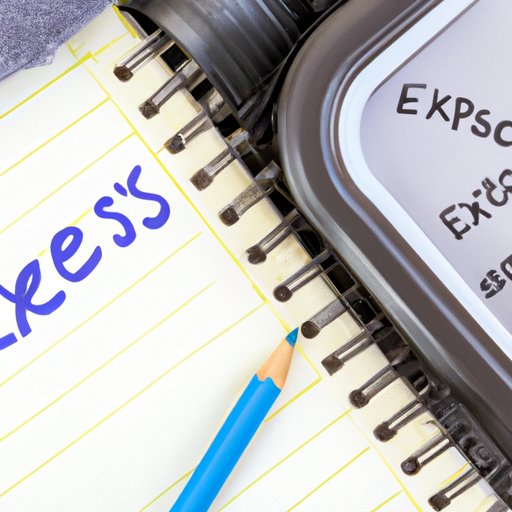
Introduction
Exercising after eating can be a tricky balance to find for many people. You may wonder if you should wait a certain amount of time before working out or if it’s best to exercise on an empty stomach. Timing meals and workouts can greatly impact both your health and performance. In this article, we’ll explore the ideal time to exercise after eating, how long you should wait before hitting the gym, and how to fuel your workout to optimize your results.
The Ideal Time to Exercise after Eating: A Complete Guide
The timing of meals and workouts can have a significant impact on your body’s performance and health. Different types of meals require different digestion times. If you eat a big meal, you should wait between 2-3 hours to exercise. If you’ve consumed a smaller meal, waiting 30 minutes to an hour may be sufficient. If you’ve had a snack or light meal, it may be possible to start exercising within 15-30 minutes. However, it’s important to listen to your body and adjust your exercise routine based on your meal plan.
Waiting vs. Eating: Finding the Right Balance Before a Workout
Exercising on an empty stomach can have some benefits, such as burning more fat. However, it can also lead to decreased performance and fatigue. Eating before a workout can provide the energy you need to perform your best. However, too big of a meal can cause discomfort or digestive issues while exercising. It’s important to find the right balance between waiting and eating before a workout. A small snack, such as a banana or a handful of nuts, can provide the energy you need without weighing you down.
Exercise and Digestion: How Long Should You Wait Before Hitting the Gym?
Your body needs time to digest the food you’ve eaten before it can efficiently use the nutrients during your workout. Digestion time can vary depending on the type of meal you’ve had. Foods that are high in fat, fiber, or protein take longer to digest. As a general rule, it’s best to wait at least an hour after a snack, two hours after a small meal, and three hours after a larger meal before exercising. However, if you experience discomfort or digestive issues, it may be necessary to wait longer.
The Science Behind Exercise and Food: Making the Best Choices for Your Body
Macronutrients play a significant role in exercise and how your body uses energy. Carbohydrates are the primary source of energy for your muscles during exercise. Protein is necessary for muscle repair and growth. And healthy fats provide essential nutrients to support overall health. Selecting the right foods can have a big impact on your performance. Foods that are high in carbohydrates, such as whole grains, fruits, and vegetables, provide the energy you need for exercise. As a general rule, it’s best to avoid foods that are high in fat, fiber, or protein before exercise as they take longer to digest and can lead to digestive issues.
Fueling Your Workout: Timing Your Meals and Snacks for Optimal Performance
Proper fueling before exercise can help you get the most out of your workout. Eating a meal or snack that contains carbohydrates and protein before exercise can improve your endurance and help with muscle recovery. Timing your meals and snacks is also important. A small snack, such as a banana or yogurt, 30 minutes to an hour before exercise can provide energy without causing discomfort. A meal containing carbohydrates and protein consumed two to three hours before exercise can provide the necessary fuel to optimize your exercise performance.
Post-Meal Exercise: Safe and Effective Ways to Workout After Eating
Exercising after eating can be safe and effective if done properly. However, it’s important to wait the appropriate amount of time for digestion before starting your workout routine. Avoid high-intensity exercises immediately after a big meal. Instead, opt for low-impact activities such as walking or gentle stretching. If you experience discomfort or digestive issues while exercising, stop the activity and wait until you’ve fully digested your meal before continuing.
Conclusion
Timing meals and workouts can have a significant impact on your health and performance. It’s important to find the right balance between waiting and eating before exercise. Remember to listen to your body and adjust your routine based on your meal plan. Fueling your workout properly can improve your endurance and recovery. With these tips and guidelines, you can optimize your meal-to-exercise timing and get the most out of your workout routine.





